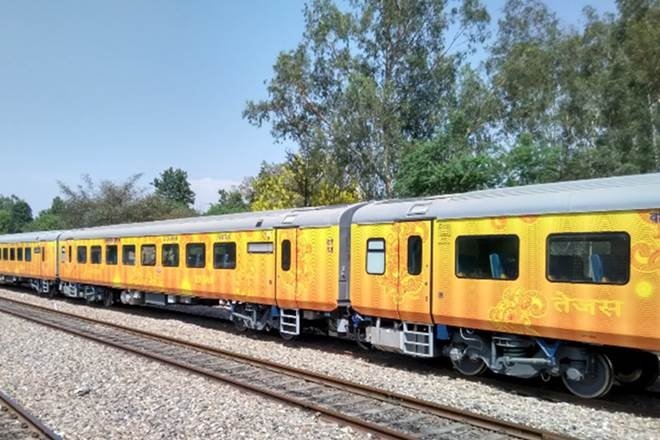First special train from Kerala leaves for Odisha with 1,200 migrants
The first special train for migrant workers from Kerala left for Odisha with around 1,250 persons, including women and children, by Friday night. Five more trains were expected to be operated on Saturday.
With Kerala having about 3.6 lakh migrant workers mainly from West Bengal, Odisha, Bihar and UP in camps, the news of operating special trains for migrants have triggered a mad rush of migrant workers to Aluva railway station. The police stepped up vigil at camps and railway station to avoid any law and order problems and announcements were made in different languages that travel arrangements for all migrants would be made in a phased manner.
The first train was operated from Aluva in Ernakulam district (Kochi) as the maximum number of migrants in Kerala were present in the region. Over one lakh migrant workers were staying at over 2,000 camps in the district. The special non-stop train was bound to Bhubaneswar with a travel time of around 34 hours. Sufficient food and water were being arranged in the trains. A social distancing was being ensured during the travel with around 60 passengers in each bogie and all of them wearing masks.
Health, labour and police officials conducted medical screening of the migrants at the relief camps and took them to the railway station in buses. Priority was given to women, children and aged persons. Kerala Home Secretary Vishwas Mehta said that five more trains were likely to be operated on Saturday. The passengers would have to meet the base fare.
Kerala was among the states that had been pressing the centre to allow special trains for migrant workers to go to their respective places. Even as centre mooted transportation by road, Kerala cited that it was impractical and risky as social distancing would not be possible.
Many key sectors of Kerala, especially the construction sector and hotels, were mainly depended on migrant workers. Earlier studies had estimated the migrant workers population in Kerala to be over 20 lakh.
l


Comments are closed.